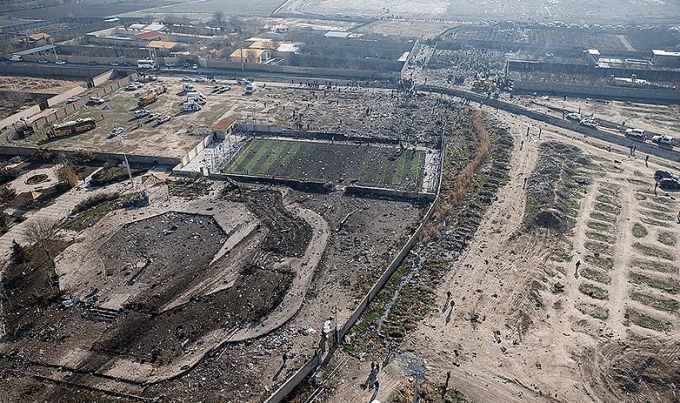Fleet watching is the key to predicting the future in air
All eyes on the aircraft boneyard

The US Federal Aviation Administration (FAA) has eased rules on US carriers flying in some airspace in the Middle East.
The move follows a slew of requests by cargo carriers, including Atlas Air, Kalitta Air and FedEx, for exemptions to the notice last week prohibiting US flights in overwater airspace above the Persian Gulf and Gulf of Oman, but allowing flights in and out of specific airports in Bahrain, the UAE and Muscat.
However, for flights in and out of Bahrain, Doha, Abu ...
'Disastrous' DSV-Schenker merger would 'disrupt European haulage market'
New senior management for DSV as it readies for DB Schenker takeover
Volumes set to 'fall off a cliff' as US firms hit the brakes on sourcing and bookings
Asian exporters scramble for ships and boxes to beat 90-day tariff pause
Amazon pushes into LTL for small package fulfilment and UPS does a u-turn
Temporary tariff relief brings on early transpacific peak season
Pre-tariff rush of goods from US to China sees air rates soar, but not for long
Forwarders 'allowing the fox into the chicken run' by supporting 'hungry' carriers

Comment on this article